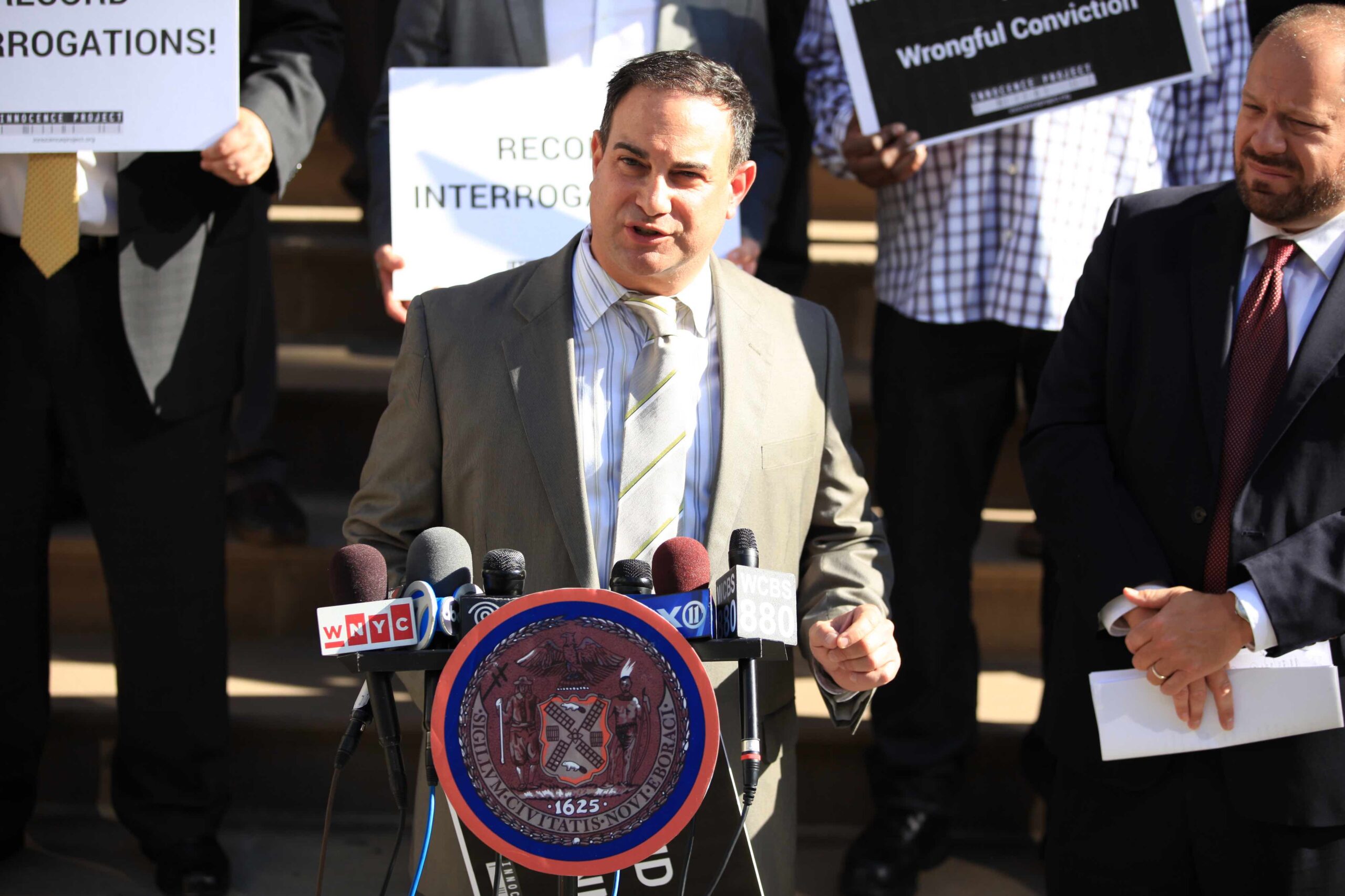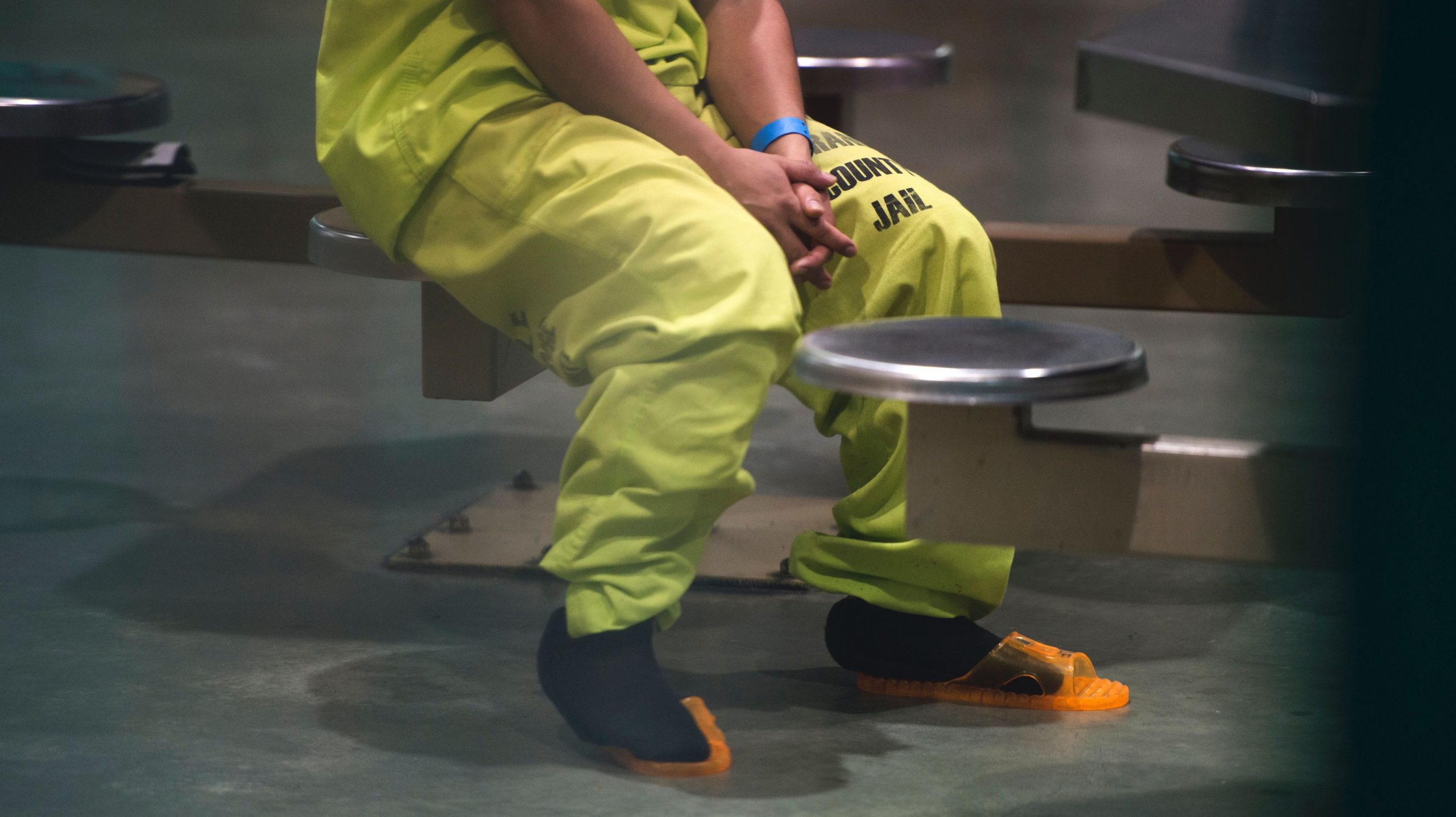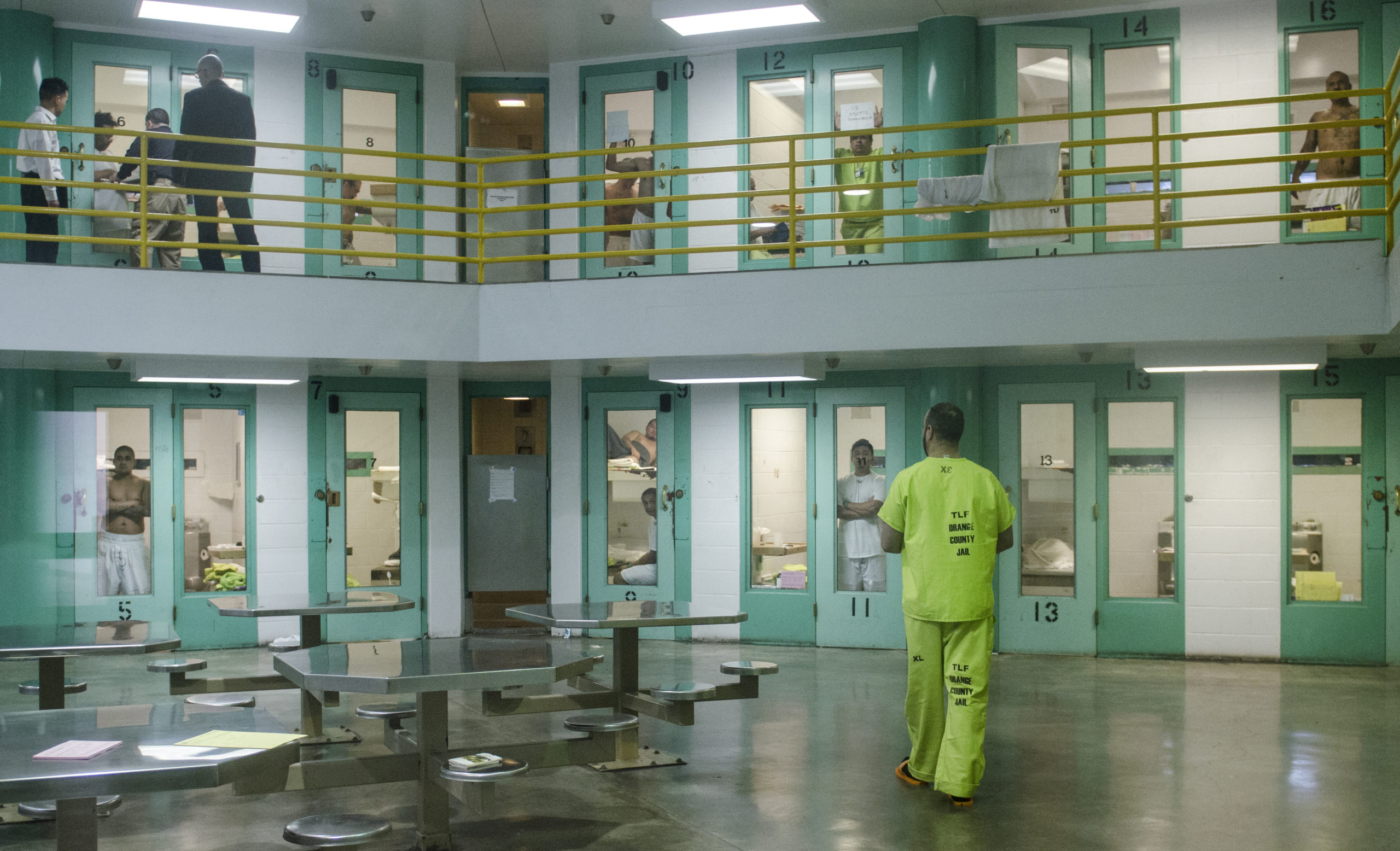I Spent 17 Years Wrongfully Incarcerated, Here’s Why I’m Worried About COVID-19 in Prisons
There is no way to “social distance” in prison.
04.01.20 By Martin Tankleff
At least 132 people incarcerated in New York City alone have tested positive for COVID-19, and dozens more cases have been confirmed across the country. And, as someone who was wrongfully incarcerated for almost 18 years in various New York State prisons, I can tell you firsthand the devastation that a virus like COVID-19 can deal to a prison where thousands are being held.
There is no way to “social distance” in prison. There is no way to avoid contact with people — your next-door neighbor is inches away from you and is separated only by steel or concrete. The bars at the front of your cell do not protect you or give you any sense of isolation from people or the virus. So, if someone near you gets sick, the potential for you and possibly hundreds of others to fall ill is a real threat.
During a period of my incarceration, the norovirus, a very contagious virus that causes diarrhea and vomiting, started to infect society — at that time, it was known as “the cruise ship virus,” so no one in prison thought they could get it. Until it finally made its way into the prison.
The coronavirus is far more dangerous than the norovirus.
I was in a cellblock where hundreds of men caught the virus and were sick beyond imaginable proportions within a couple of weeks. There wasn’t much the medical department could do. They were quickly overwhelmed by the number of people complaining of their symptoms, on top of all the other medical issues that existed normally. All the prison could do was try to contain the virus’ spread by locking the cellblock down and trying to clean the area as best as possible until the virus ran its course. But norovirus is rarely deadly.
The coronavirus is far more dangerous than the norovirus. We know that COVID-19 is killing hundreds of people every day and spreading like wildfire. In the prison systems throughout our country, it is infecting prisoners and guards alike.



What can I do to help my son? He has less than 8mos. to serve. Definitely not a threat to society. Has a home to come to where he could have confinement if need be. He has lung issues. I’m in my final stage of COPD and would benefit having him to help take care of me. Thank you for any suggestions.
Sincerely,
Frances Moose